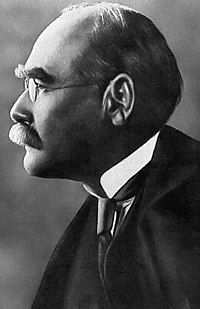The Hit That's Remembered
The football fans, adorned in red and white, rose from their seats when their team scored.
They were agitated by the fierce atmosphere created by the other team's fans.
A look of distress overtook their faces; their quarterback had fallen to the ground.
Just like that, the crowd became silent, as if they were at a funeral.
Motionless - he lay prone - face down as players circled him afraid to move him after the late hit.
Rushing to his aid, the quarterback's father leaped from the stands, and ran to his son's side.
He kneeled by his son, his pride in life, but still he lay there, unable to get up.
Minutes have passed.
Life was breathed into the young man. His eyes opened, seeing the beautiful world around him.
A man speaking in a riddle welcomes him to his world.
The gurneys outnumber the patients, his toes curl, and his eyes open to find himself alone, dazed, and confused.
_________________________________________________________________________________
He's a Sports Fan
The football fans, adorned in their team's colors of red and white, rose from their seats when their team scored.
Annoyed with the opposing fans, the fans took this opportunity to rub it in the other team's faces that they were now winning the game.
Suddenly, a look of distress overtook their faces; their quarterback had fallen to the ground in pain.
Silence overtook the fans as if they were at a funeral.
Motionlesss - he lay prone - face down as life had been sucked out of him after the late hit.
Rushing to his aid, the medical staff sprinted onto the field hoping the injury wasn't as bad as it looked.
With tears streaming down her face, the quarterback's girlfriend soon arrived at his side.
Minutes passed - for many the longest minutes of their lives - and the medics loaded the boy onto a stretcher and into an ambulance to rush him to the emergency room.
After defribillation and emergency surgery, the quarterback woke up they next day - still dazed but with a smirk on his face - with his father by his side.
The first words out of the boy's mouth were, "Did our team win the game?"
"Of course they did, they won for you," replied the dad. "But why are you smiling."
"Because the man upstairs told gave me a second chance. Turns out he's a sports fan and he said my team will be needing me!"




.jpg/220px-Thomas_Stearns_Eliot_by_Lady_Ottoline_Morrell_(1934).jpg)
.jpg)

